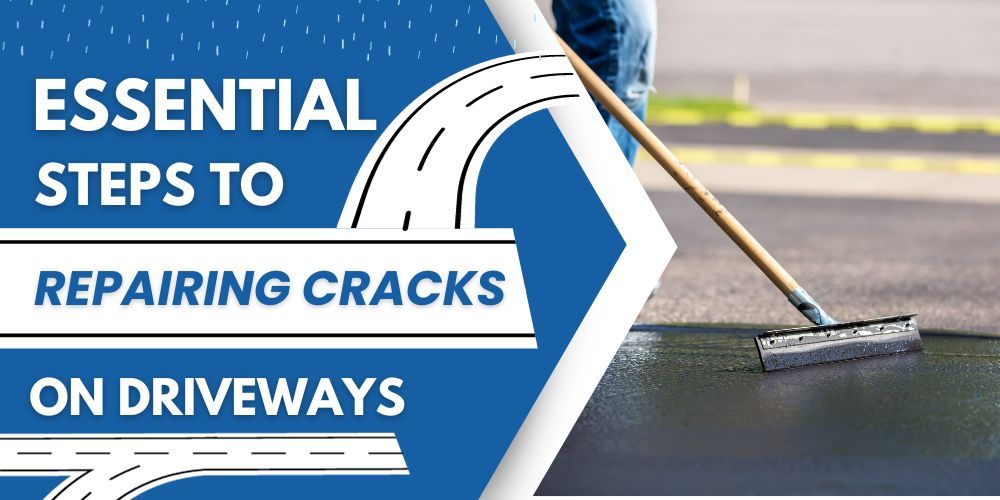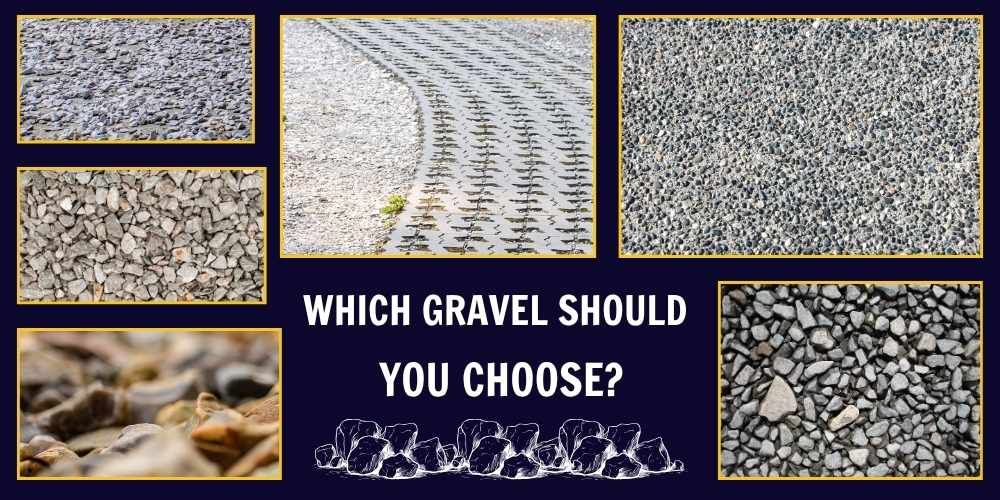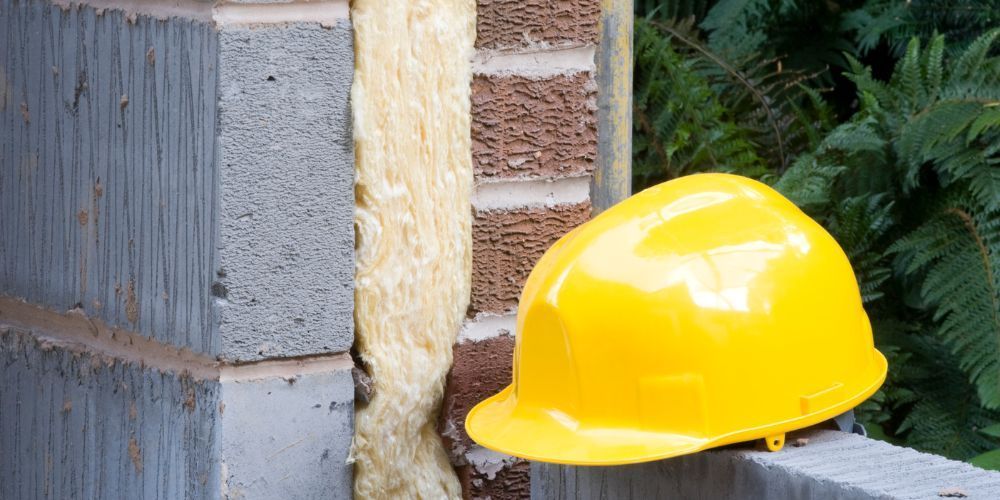Essential Steps to Repairing Cracks on Your Driveway

Hi there! Have you noticed some cracks in your driveway? No need to worry! Even the strongest driveways face occasional wear and tear. Luckily, we're here to help you enhance curb appeal and revamp your driveway. Just follow these simple steps, and you'll have your driveway looking as good as new in no time. Are you ready to give your driveway a makeover? Let's get started!
Check and Clean:
Before you start fixing your driveway, it's important to inspect it carefully and identify any cracks, no matter how small they may be. Once you have spotted them, you can use a broom, a high-pressure washer, or a wire brush to clean them thoroughly. Make sure to remove any dirt or debris that may be stuck in the cracks to ensure that the surface is clean and smooth before you begin any repairs.
Pick the Right Stuff:
Selecting the appropriate material is crucial, just like picking the right tool for a particular job. For small cracks measuring 1/8 inch or less, opt for a crack filler or concrete caulk. However, if the cracks are more significant, use a patching compound or asphalt crack filler. It is essential to ensure that the material you choose matches the type of driveway you have.
Get the Crack Ready:
Before you fully apply the filler, it's important to prepare the crack first. You can use a chisel or a screwdriver to widen the crack slightly, as this will help the filler to adhere better. Remove any loose bits and ensure that the crack is thoroughly cleaned and ready for the repair process.
Time for Filler:
To fill the crack, use a caulk gun to squeeze the filler into it or spread it with a trowel. Don't be afraid to apply a bit more than necessary to allow for settling. For a smooth finish, use a putty knife or trowel to level it out. Follow the instructions for the recommended drying and curing times.
Seal the Deal:
Once the filler is all dried up, think about giving your whole driveway some extra love. Apply a driveway sealer to keep everything protected from the sun, water, and other tricky stuff that can mess with your pavement.
Keep an Eye Out:
Don't forget to be a driveway detective! Check for new cracks regularly and fix them up ASAP. It's like giving your driveway a little checkup to catch any problems early on.
Call in the Pros if Needed:
If your driveway is going through a really tough time, it might be best to call in the professionals. They know their stuff and can help with bigger issues.
Conclusion:
Fixing up cracks in your driveway is a breeze! Just follow these steps, and you'll have a spiffy-looking driveway that can stand the test of time. Remember to keep an eye out for any new cracks and take care of them quickly. Your driveway will thank you for the TLC! Easter Concrete Contracting specializes in transforming cracked and worn-out driveways into beautiful and durable surfaces. We are dedicated to providing exceptional craftsmanship, ensuring that your driveway can withstand the test of time while also enhancing the elegance of your home.








